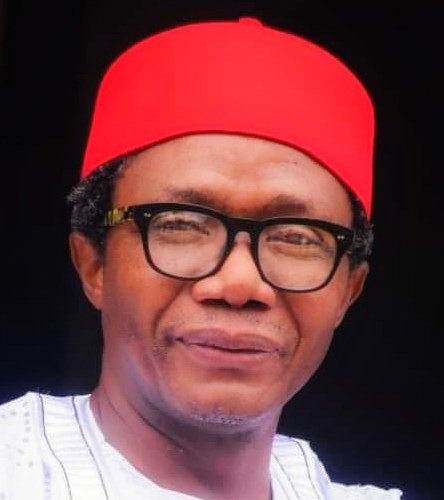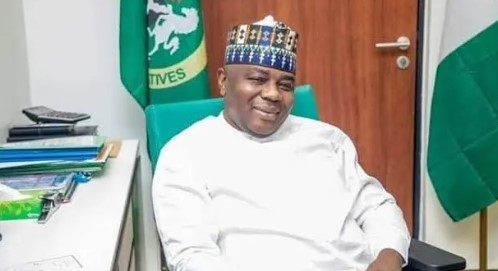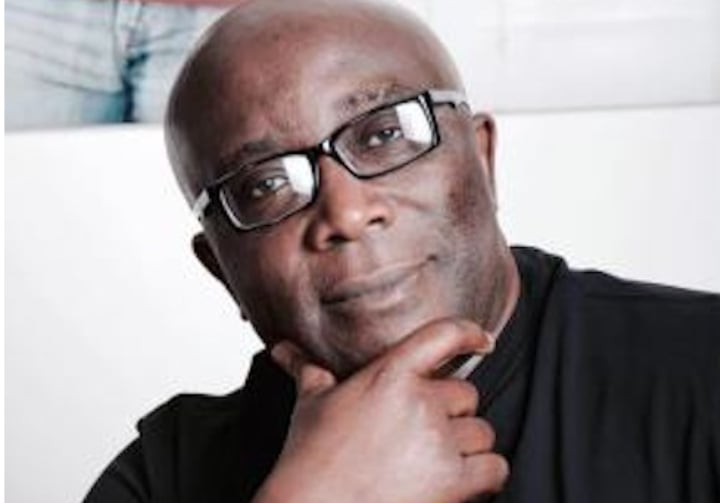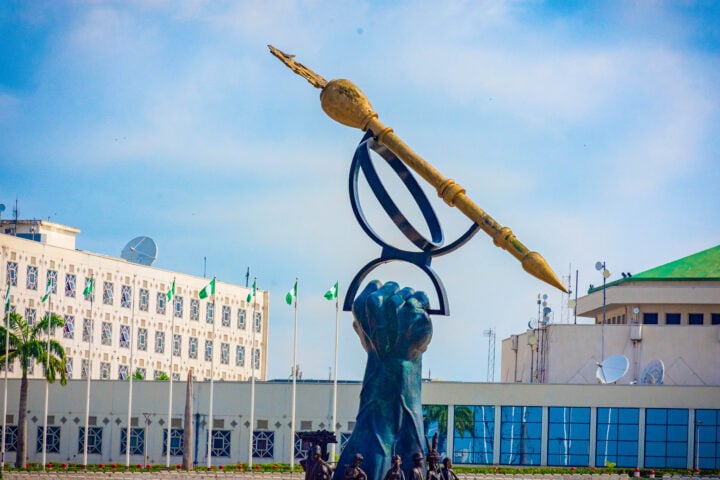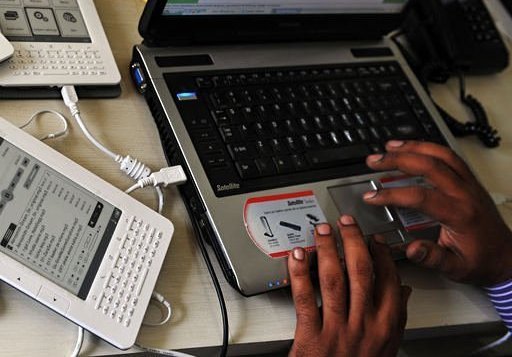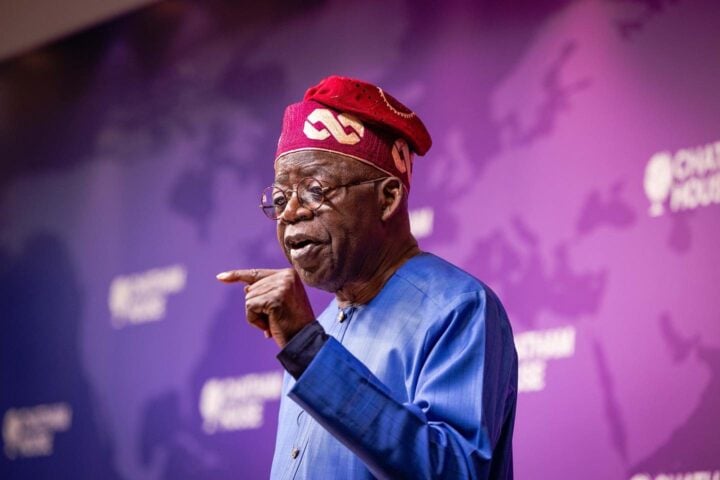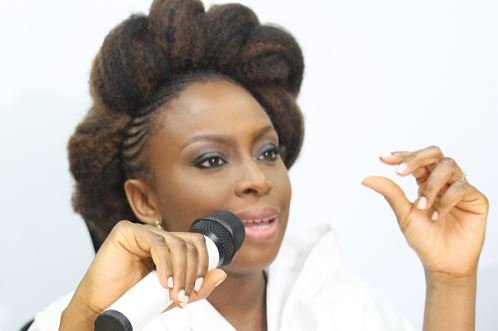The race for the leadership of the 10th national assembly has reached its defining moments. Zones and other political interests in the country have been making their cases. However, concerned Nigerians need to weigh in and point to the greater need for experience and competence as very crucial factors that need to be balanced out with other political considerations.
No matter what anybody would say about the leadership of the 9th national assembly led by Senator Ahmed Lawan as senate president and Femi Gbajabiamila as speaker, experience, and competence are key to the outstanding achievements of the 9th national assembly. Senator Lawan and Speaker Gbajabiamila are very experienced and competent lawmakers. Lawan has been in the NASS since 1999, starting from the House of Reps and crossing over to the Senate in 2007, while Gbaja (as he is fondly called) was returning to the House for the third time when he emerged as speaker.
By the time both men emerged as senate president and speaker, they had seen it all and witnessed the pitfalls and banana peels that bugged down the effort of their predecessors and made the legislature-executive relations so frosty and cantankerous. This impeded progress and the making of good laws for the development of the country and the delivery of the dividends of democracy. For example, the Senate produced five senate presidents between 1999 and 2007 alone. The House of Reps also witnessed a spate of impeachments or threats of it. The 9th Senate and House of Reps in contrast witnessed great stability and cordial relationships with the executive arm, which paved the way for passing and signing into law by the president many critical legislations.
Two of such legislations that have defied all efforts of the previous national assemblies were tackled and put behind by the 9th Senate. These historic legislations are the Petroleum Industry Act (PIA) and the Devolution of Powers Acts 2022.
Advertisement
All the pushes for devolution of powers and restoration of federalism failed in the previous national assemblies. But out of the 34 bills passed in this regard, the president has signed some key devolution of powers clauses from the Exclusive List to the Concurrent List. Among them were railways, electricity, state assemblies, and state judiciary financial autonomy. In other words, the devolution of powers and restoration of Nigeria to federalism yielded the first fruits in the 9th national assembly under Senator Lawan and Gbaja and their deputies. Indeed experience and competence count.
The legislature is the main key organ of government in a presidential democracy. And if the incoming 10th national assembly will succeed, three factors must be brought into the equation and given greater premiums in recruiting the leaders of the legislature – experience, competence, and integrity. One legislator who embodies them all is Rt. Hon. Muktar Aliyu Betara.
Muktar Aliyu Betara, a member of the House of Representatives since 2007, representing the Biu/Bayo/Shani and Kwaya Kusar federal constituency of Borno state in the north-eastern region of Nigeria, is one of the few lawmakers in the national assembly with concrete experience and core competency. He is currently the chairman of the House Committee on Appropriations in the current 9th assembly, which held its first session on 11 June 2019, where he has comprehensively demonstrated the said attributes.
Advertisement
The House Committee on Appropriation is one of the few committees in the House that is so critical to the fulfilment of the statutory responsibilities the legislature and their leaders are headhunted by the leadership of the legislative arm to guarantee success. Appropriation is one of the three to four cardinal statutory responsibilities of the legislative arm of government. The others are representation, lawmaking and oversight.
Betara, an indigene of Wuyo in Biu township, Borno state, began his education at Biu Central Primary School in 1973 and obtained his First School Leaving Certificate in 1978. He proceeded to Biu Central Junior Day Secondary School, and then to Government Technical Secondary School Benishek, Borno State, where his leadership skills saw him becoming head prefect, and would eventually obtain his West Africa School Certificate in 1983. He advanced his education at Ramat Polytechnic, Maiduguri where he obtained his Ordinary National Diploma (OND) in Business Administration in 1986.
Muktar Betara launched his professional career working as an accountant with the Presidency in the Directorate for Food, Roads and Rural Infrastructure (DFFRI) programme from 1986 to 1990. He returned to Ramat Polytechnic for his Higher National Diploma in 1990 and obtained an HND in Accounting and Business Administration in 1992. Betara observed his National Youth Service Corps (NYSC) programme at Delta State Government House, Asaba. Upon completion of his service year, he joined the defunct Nigerian Telecommunication Limited (NITEL) in 1993 rising through the ranks to the role of Manager before his voluntary retirement in 2006 to venture into politics.
Muktar Betara was not intent on politics initially. He entered the race for the House of Representatives on the platform of the All Nigerian Peoples Party (ANPP) and got elected as the member representing the interests of Biu, Kwaya Kusar, Bayo, and Shani Federal Constituency at the House of Assembly in 2007. Since then, he has been re-elected three times, emerging as one of the few members to have served in the sixth, seventh, eighth, and, ninth assemblies in Nigeria, with the current and immediate past tenures secured on the platform of the All Progressives Congress (APC).
Advertisement
Between 2007 and 2011, Betara acted as Chairman of the Sub-committee on NDIC, Banking, and Currency. He also served as a member of the House Committee on Interior and was subsequently appointed as Chairman of the Sub-committee on Customs, Immigration, and Prisons Pension Office (CIPPO). At the seventh assembly (2011 to 2015), he was appointed as Chairman of the House Committee on the Army, directly making recommendations to empower and sustain the activities of the army against the rising insurgency in the Northern region of Nigeria.
From 2015 to 2019, Betara served as Chairman of the House Committee on Defence. He is the current Chairman of the House Committee on Appropriations, presiding over all other committees regarding the appropriation process in the House of Representatives. Under his leadership, the committee has succeeded in having the June-to-June budget cycle changed to a preferable January-to-December one for more effective budget implementation. As a result, the Appropriation Act, 2022, and the Finance Act, 2021 have been passed and enacted respectively for the third consecutive year without fail, enabling all stakeholders to prepare adequately for any fiscal changes.
Betara has been lauded for his critical decision-making and crisis-management skills in the house. His legislative interests include Youth and Women Empowerment, Developmental Governance, Health, Education, Social, and National Security, as well as providing equal opportunities. He is believed to be responsible for the construction of 20 healthcare centres, 10 ambulances, a mini-stadium, and the installation of more than 600 solar-powered street lights in his constituency.
Muktar Betara is believed to have deployed his resources to fund transplant surgeries, empower individuals for business and support local families in his constituency. Betara has received numerous awards among them the Democracy Hero’s Award for Best Performing Rep Member of the Year, 2020 and; the Award of Excellence by the Nigerian Union of Journalists (NUJ), North-East Zone, 2013.
Advertisement
Muktar Aliyu Betara is a devout Muslim and is married to Hauwa Betara with whom he has four children. He is also a member of the Nigeria Institute of Management.
The Ranking Rules of both the Senate and House of Reps favour returning members, who by right, are the only ones qualified to be addressed as ‘Right Honourable’ to assume leadership roles in both chambers. But beyond returning as an old member of the House, which may account for just one factor i.e. experience, competence, and integrity are equally fundamental and the combination of the three is where Rt. Hon Muktar Aliyu Betara towers above all.
Advertisement
Mefor is a senior fellow of The Abuja School of Social and Political Thought; He can be reached via 09056424375 or [email protected]. He tweets @Drlawsonmefor
Advertisement
Views expressed by contributors are strictly personal and not of TheCable.
Add a comment
